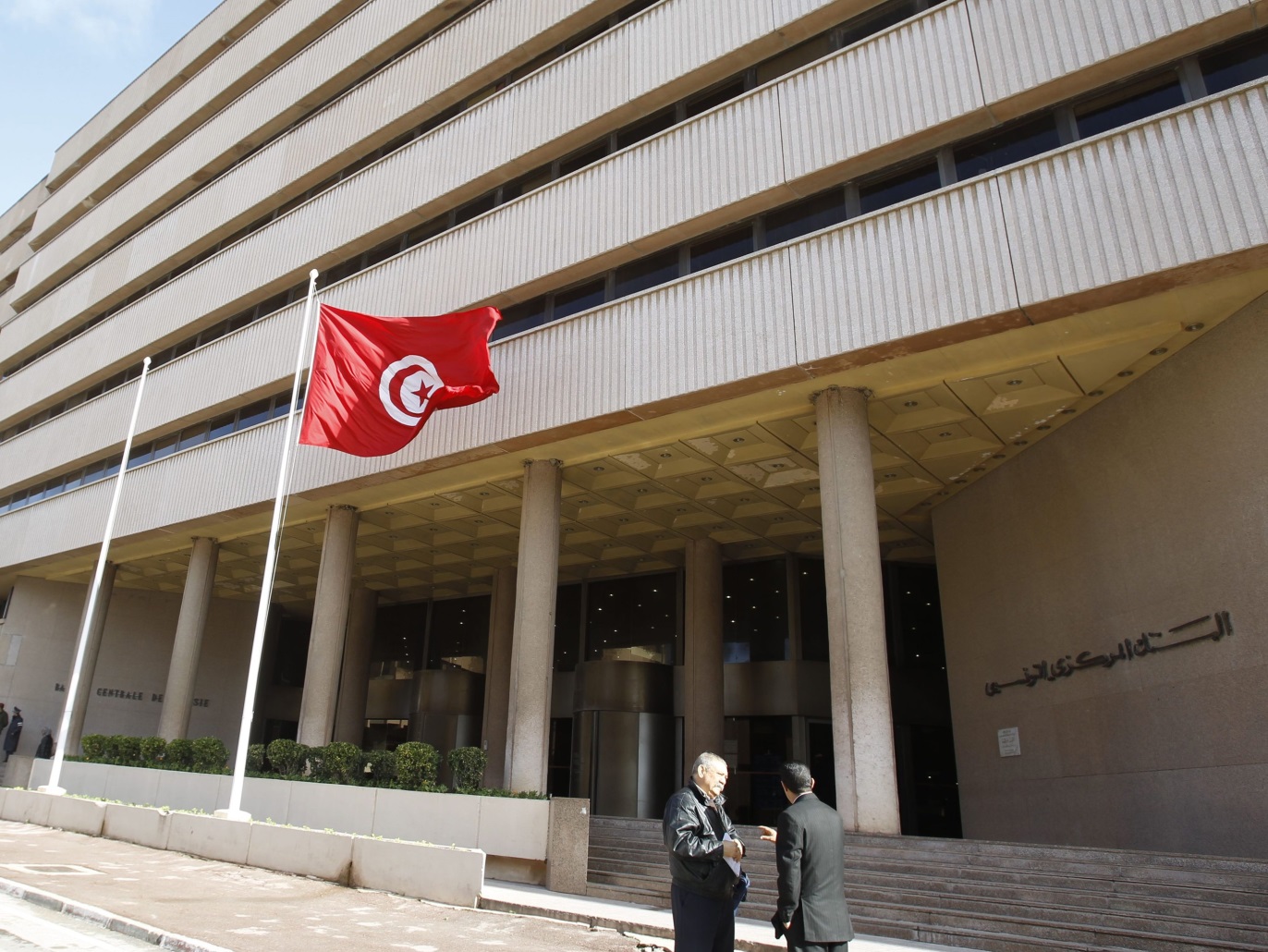Tunisia is seeking to gradually eliminate subsidies for basic materials in stages over the next 4 years, directing them to those who are eligible, as well as reducing the wage mass.
This came in the government reforms document that the Tunisian delegation will present to the International Monetary Fund, according to local media and Reuters reported on Tuesday.
Ali Al-Kali, Minister of Finance, is heading the Tunisian delegation that is visiting Washington this week to negotiate with the International Monetary Fund for a new loan, with the participation of Central Bank Governor Marwan Al-Abbasi.
Reaching an agreement with the IMF is vital for Tunisia, which suffers an unprecedented economic crisis with a financial deficit of 11.5% for the first time by the end of 2020, while the economy shrank by 8.8% due to the repercussions of the Corona crisis.
Abolition of food subsidies
The Tunisian government is seeking to negotiate with the IMF to obtain a loan worth 4 billion dollars in exchange for presenting a new economic program that includes a set of reforms, including directing subsidies to those who are eligible, reducing the wage mass, and reforming tax collection and public institutions.
The subsidy reform program, in its first stage, includes the abolition of food subsidies and financial grants for all Tunisians, regardless of their income, as well as the opening of a system for registering those wishing to receive financial support (compensation).
The removal of subsidies includes foodstuffs in the first place, and then electricity and gas at a later time, before reaching a final elimination of subsidies in 2024.
According to the source, all needy families who have a white medical card are automatically registered, and they will benefit from financial compensation in all stages of implementing this reform.
Support expenditures are estimated at 6.2 billion dinars ($ 2.25 billion) in 2021, compared to 4.1 billion dinars ($ 1.5 billion) in 2020.
Voluntary departure
The government document showed that Tunisia wants to reduce the wage block to 15% of GDP in 2022, compared to 17.4% in 2020.
On Friday, Prime Minister Hicham El Mechichi said in an interview with Reuters that Tunisia is seeking a $ 4 billion loan program with the International Monetary Fund over 3 years in exchange for a package of reforms proposed by the government to revive its ailing economy.
Tunisia needs to borrow 7.2 billion dollars, of which about 5 billion dollars are in foreign loans.
According to the document, the government will set up a program to encourage the voluntary departure of employees in return for receiving 25% of the salary or receiving half the salary in exchange for fewer working days.
The government believes that it is necessary to rethink the bonus system, in consultation with unions and the UGTT, in particular, and to lay down a basis for controlling salaries and bonuses, taking into account the performance of growth, productivity and "the development of inflation."

